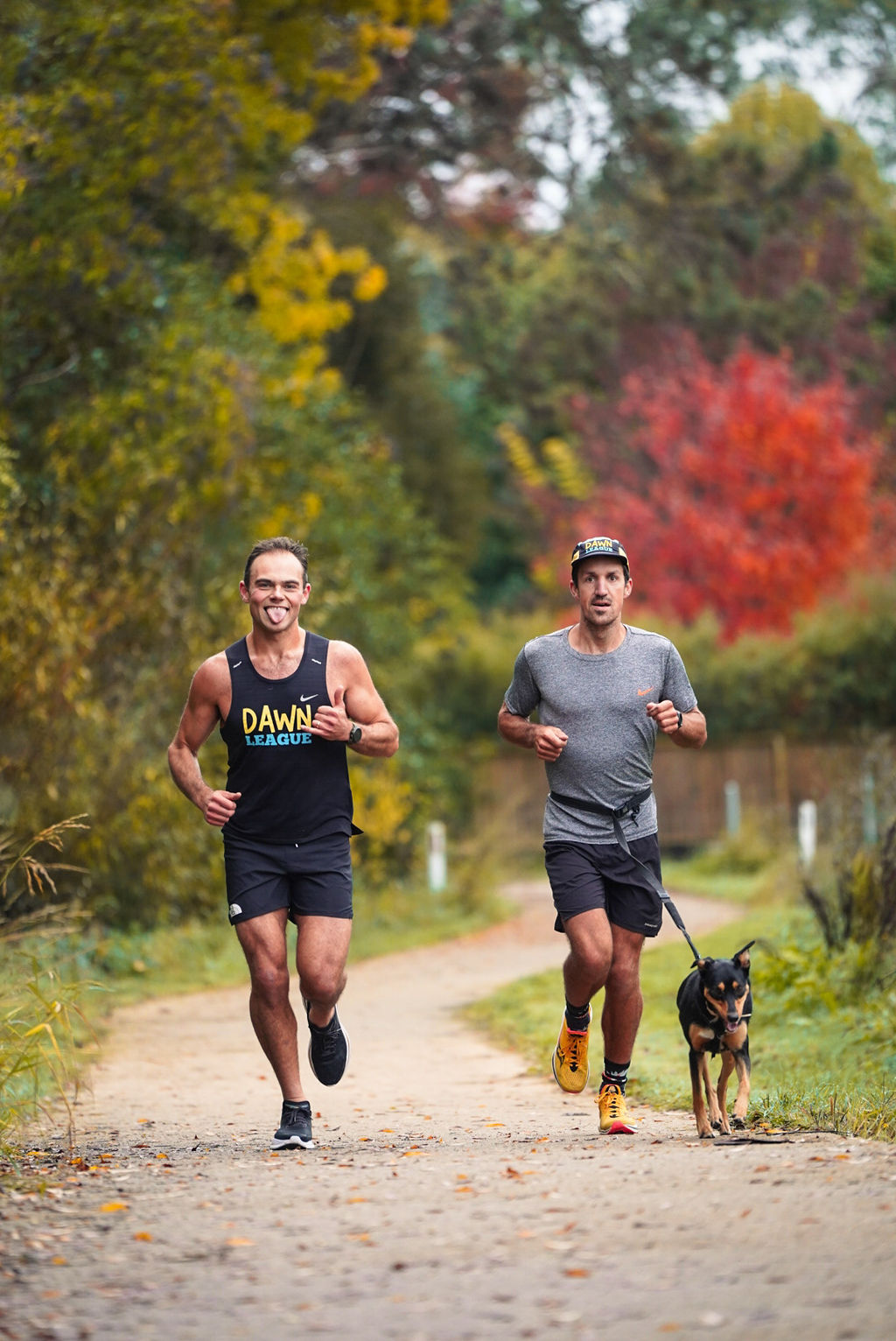
Dealing with a DNF: A Runner's Journey to Resilience and Growth
Dealing with a DNF: A Runner’s Journey to Resilience and Growth
The old saying, “death before DNF,” has thankfully faded from most runners’ vocabulary – a change for the better! However, facing a DNF (Did Not Finish) is still a tough pill to swallow, both mentally and physically.
Until 2023, I had the fortunate record of no DNFs in running – unlike my many in skiing. Yet, that year, I encountered two DNFs: XTerra New Caledonia and Ultra Trail Kosciuszko (UTK). In New Caledonia, illness forced my withdrawal, a situation beyond my control. Despite being sponsored for the event, I struggled to accept this outcome due to a harsh internal critic. UTK was different. Undertrained and unenthusiastic, I withdrew early, ironically winning the ‘DNF race.’
Reflecting on these experiences, I realised the significance of a DNF and its potential for positive use. Whether due to illness or lack of preparation, the internal criticism was the same – a voice labelling me as inadequate.
Embracing Resilience as a Journey
In everyday life, setbacks are common. We overcome them by adapting, learning, and sometimes changing our beliefs. In running, a DNF is an opportunity to view resilience not just as a trait but as a journey. It’s about adapting to and learning from the situation to grow stronger over time.
Learning from the Experience
Moving past a DNF shouldn’t be instant. It’s healthy to allow a short period for anger and sadness. Then, it’s crucial to analyse the factors leading to the DNF, perhaps with a coach or support team. This introspection helps in shaping future training and strategies.
Developing Coping Strategies
Implementing strategies both before and after events helps in dealing with outcomes. Realistic goal setting, avoiding toxic positivity, and practising positive self-talk are essential. This approach helps in diminishing the negative impact of a DNF and builds resilience.
Ultimately, DNFs are tough, even when they’re the right choice. The strategies discussed here apply to any challenging situation, not just DNFs. Remember, it’s one thing to write about these strategies and another to consistently practise them. We won’t always be perfect, and that’s okay. Acknowledging and learning from the tough times, and creating strategies for future challenges, ensures that even a DNF can be a valuable experience.


